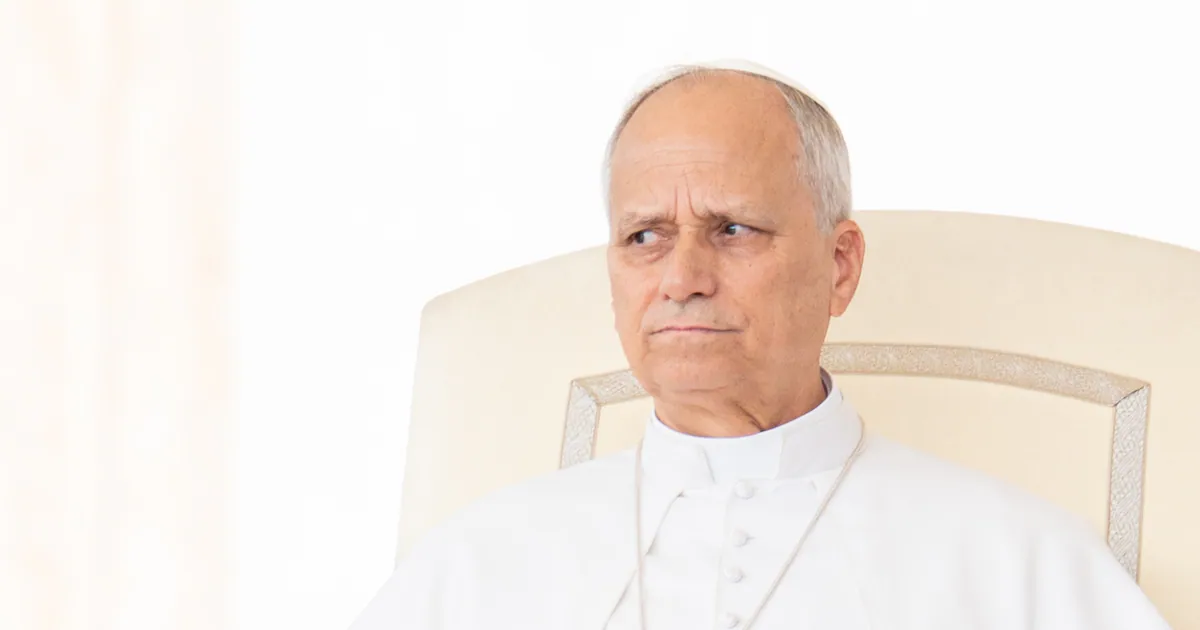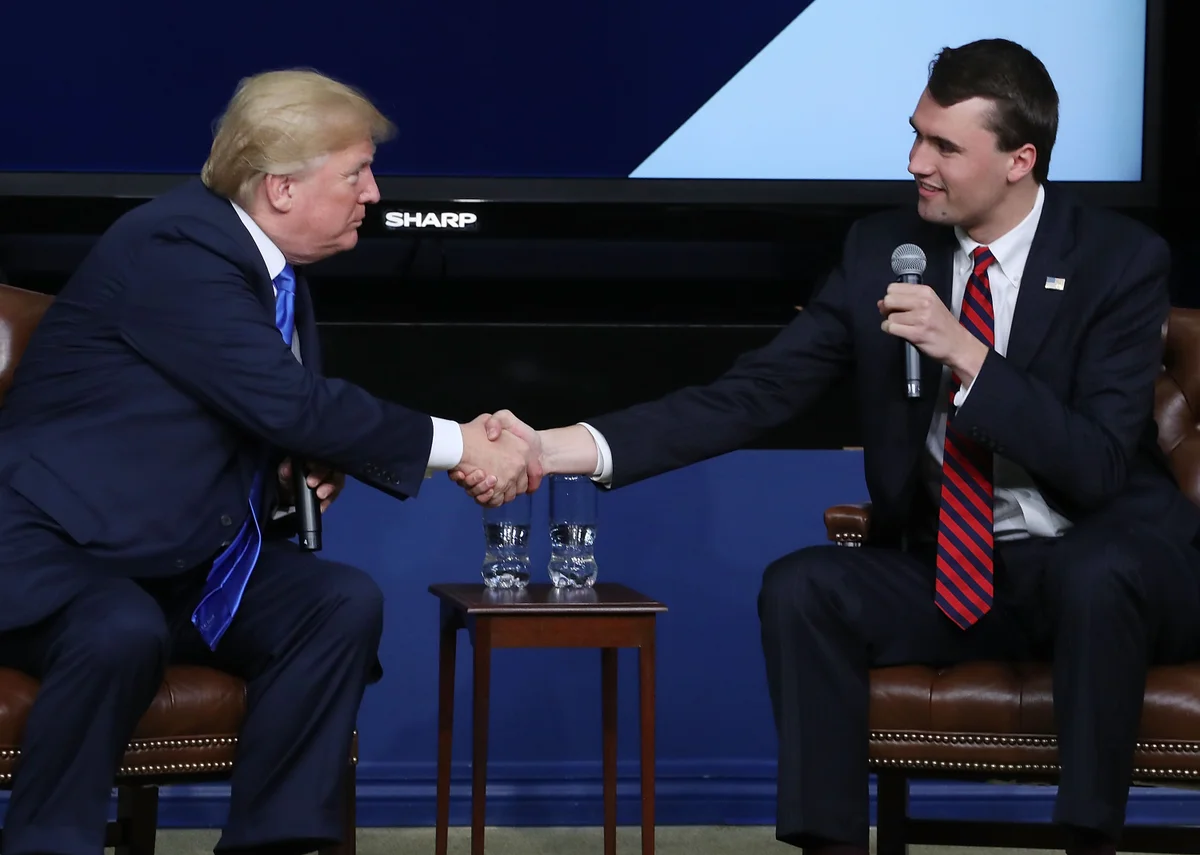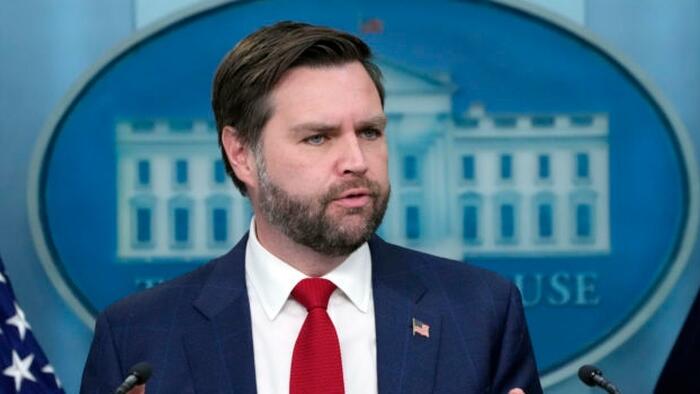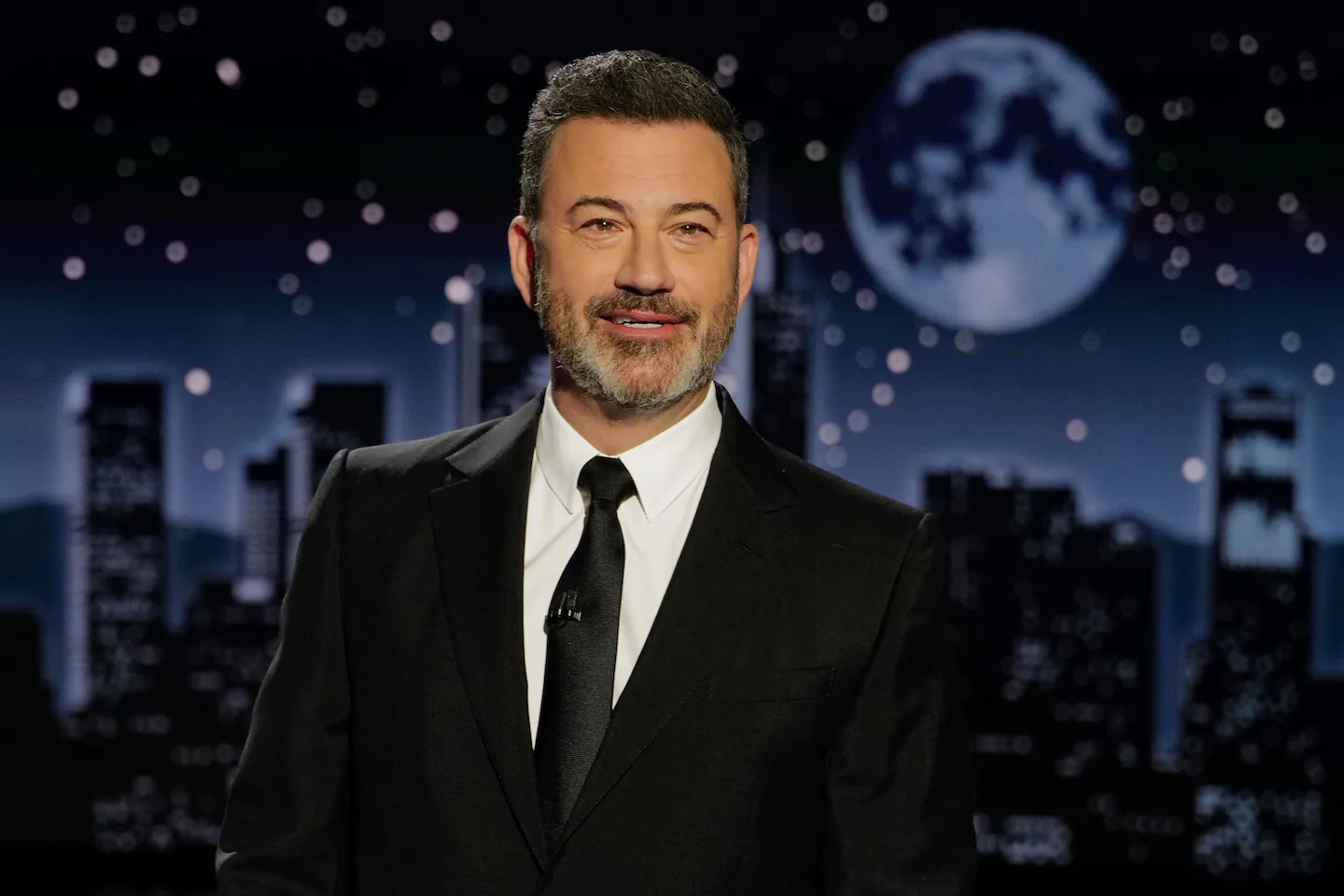
Pope Leo XIV made it clear during his first interview since taking over the papacy that he does not share his older brother’s devotion to President Donald Trump and the MAGA movement.
Before Cardinal Robert Prevost was chosen in May to succeed the late Pope Francis, his brother Louis Prevost share countless MAGA memes and screeds on social media, including posts that compared President Joe Biden to Adolf Hitler and called former House Speaker Nancy Pelosi a “c–t.”
Leo acknowledged in a new interview with a reporter from the Catholic news site Crux that one of his two brothers has met Trump and has been “very outspoken about his political viewpoints.”
The first American pope, on the other hand, he has no plans to meet the U.S. president.
“I think that it would be much more appropriate for the leadership in the Church within the United States to engage him,” he said, despite having met with about a dozen other world leaders.
At different points in the interview, Leo said he has “followed current affairs for many, many years” and has “always tried to stay up on the news.” But he implied that he doesn’t agree politically with his Trumpy sibling.
Describing his relationship with his brothers, Leo told Crux, “We’re still very close, even though one is far on one end politically, we’re in different places.”
He also said that doesn’t plan to get involved in “partisan politics,” but that he wasn’t afraid to raise issues that he considers “real Gospel issues.”
In the days following his inaugural mass, he met with Vance and Secretary of State Marco Rubio for an “exchange of views on some current international issues,” as the Vatican phrased it at the time.
Some Catholic news agencies took that to be a reference to disagreements between the pontiff and the Trump administration officials—an inference that Leo seemed to confirm during his interview with Crux.
Describing his conversation with Vance, he said, “I talked about human dignity and how important that is for all people, wherever you’re born, and hopefully to find ways to respect human beings and the way we treat them in the policies and choices we make. Obviously, there’s some things going on in the States that are of concern.”
The U.S. is a “power player on the world level,” he added, and, “Sometimes decisions are made more based on economics than on human dignity and human support.”



